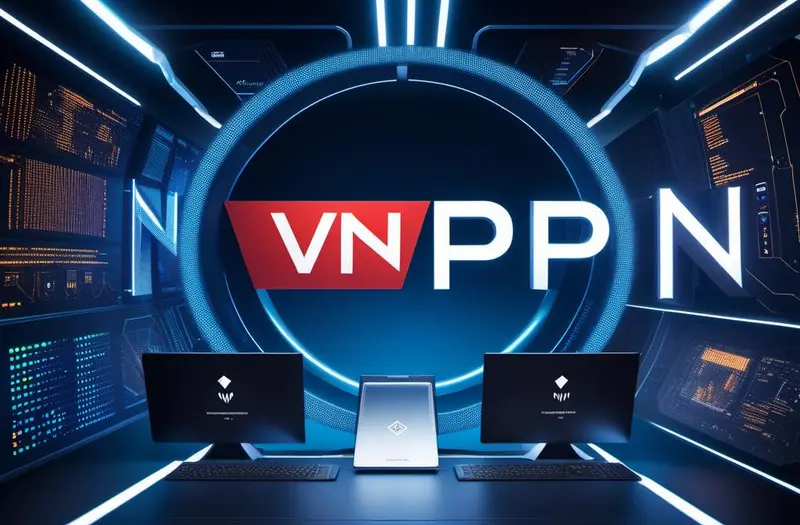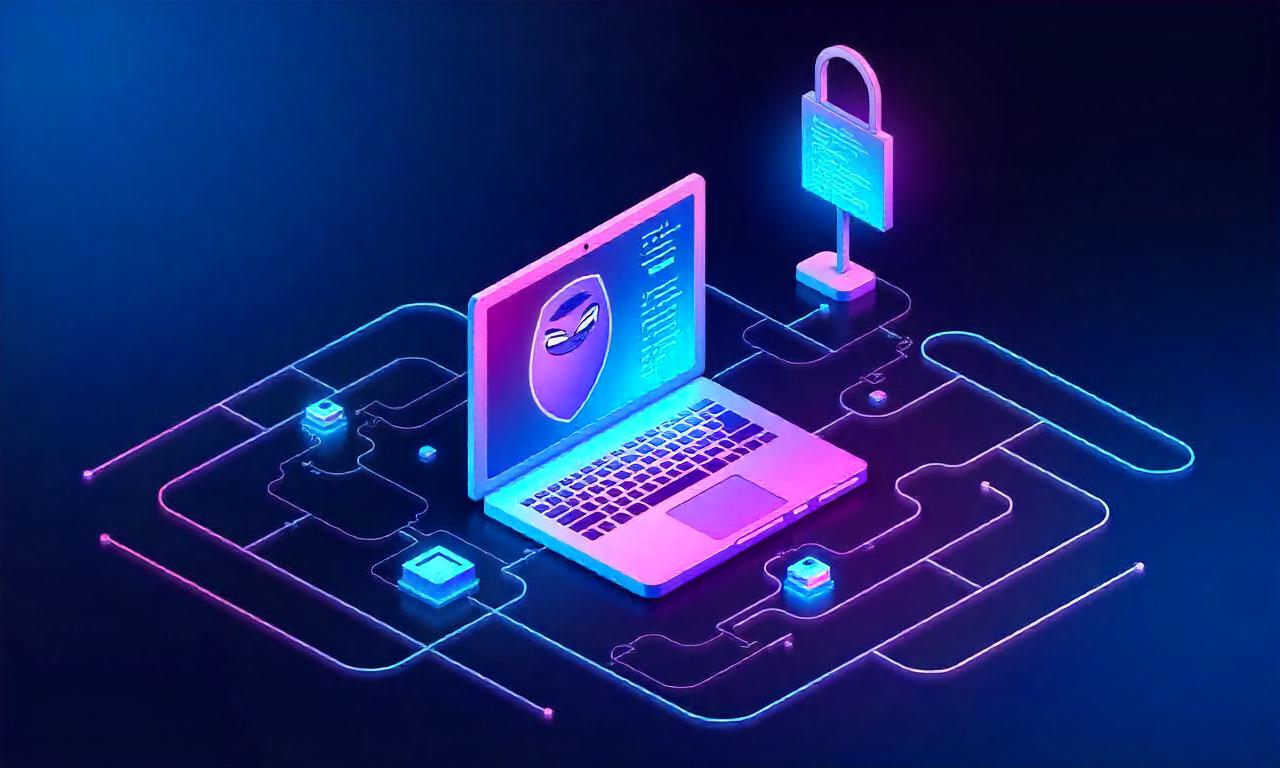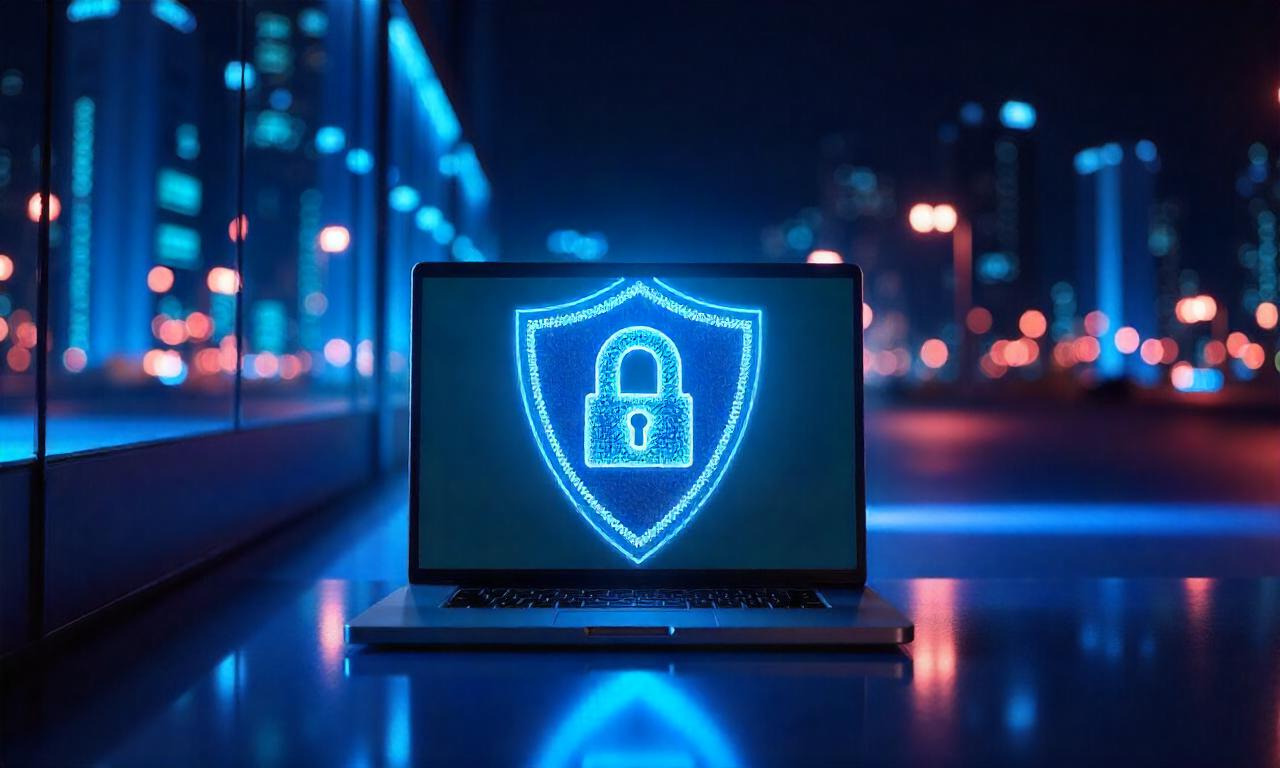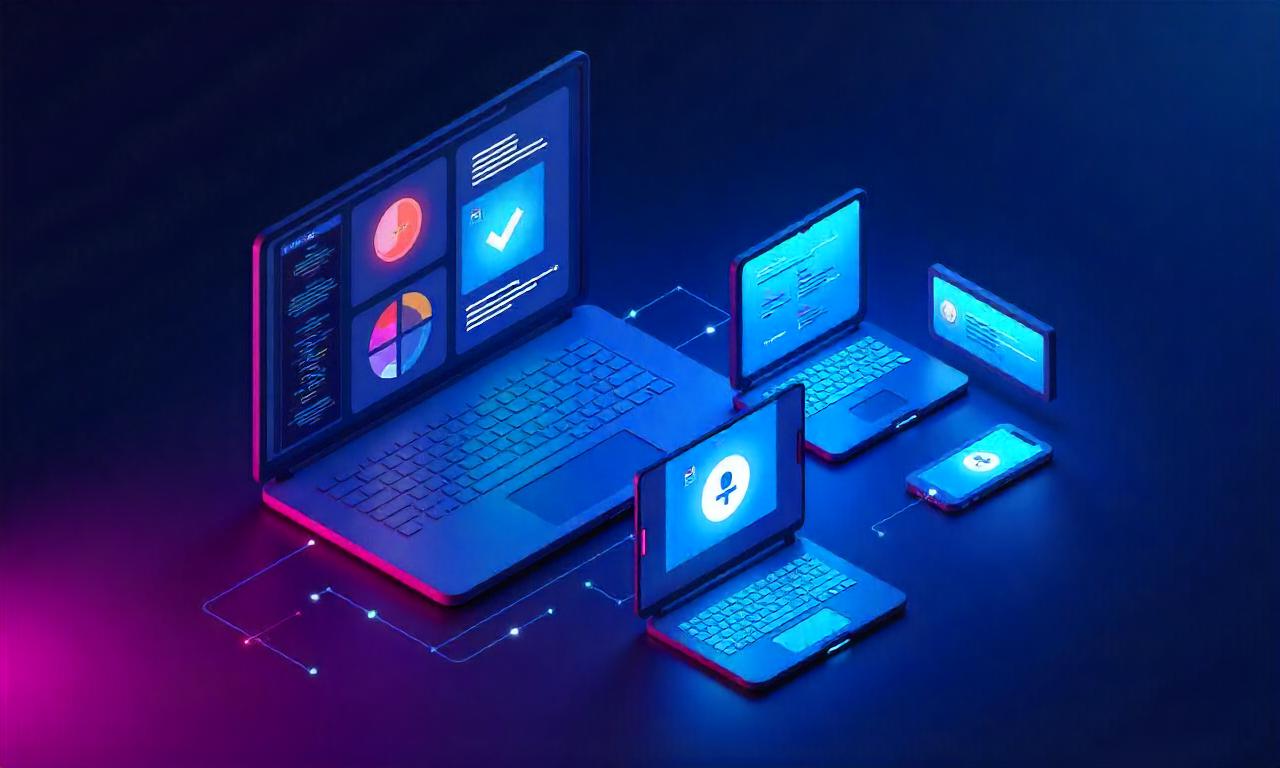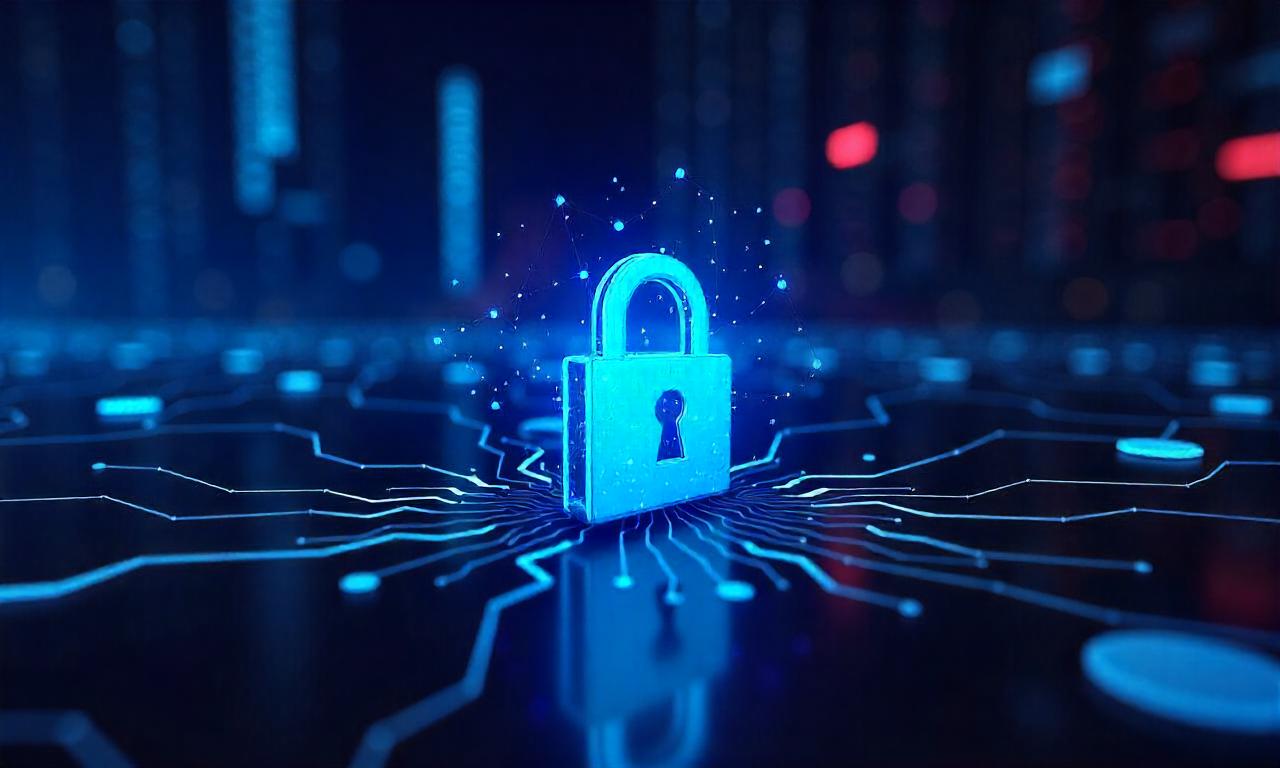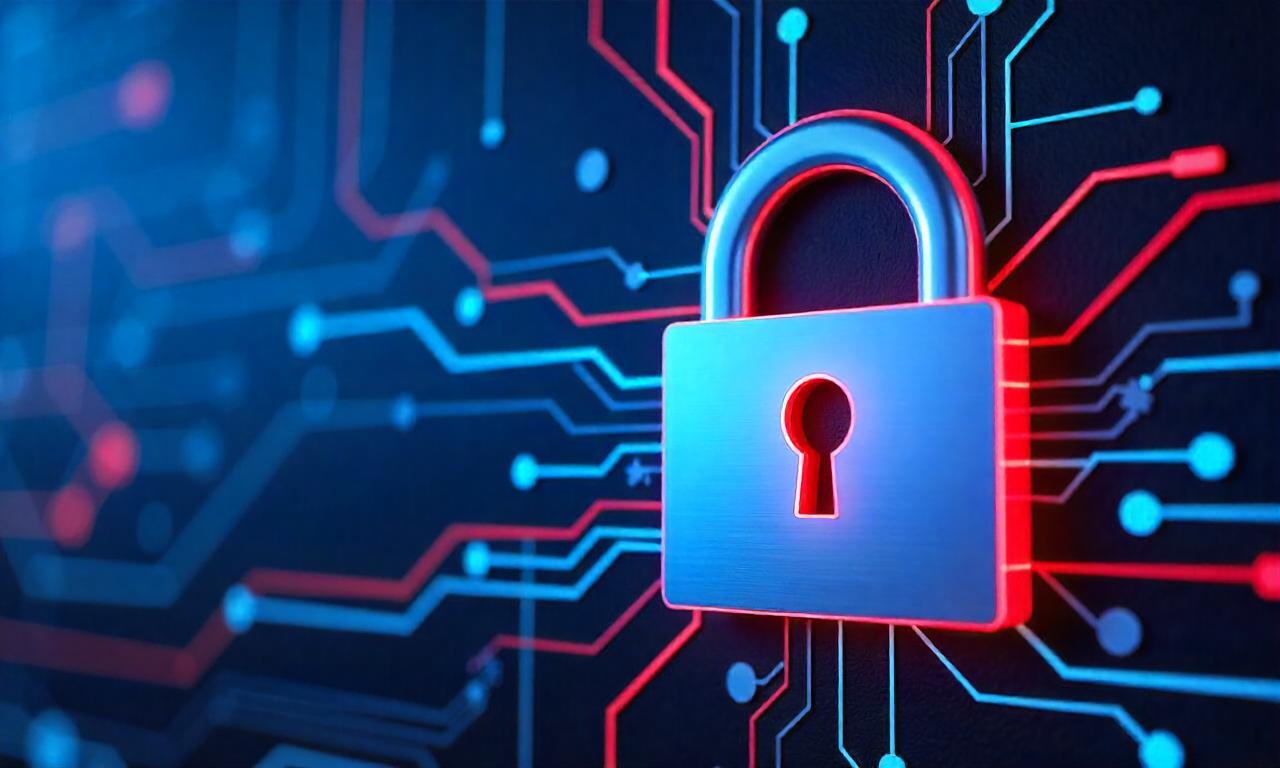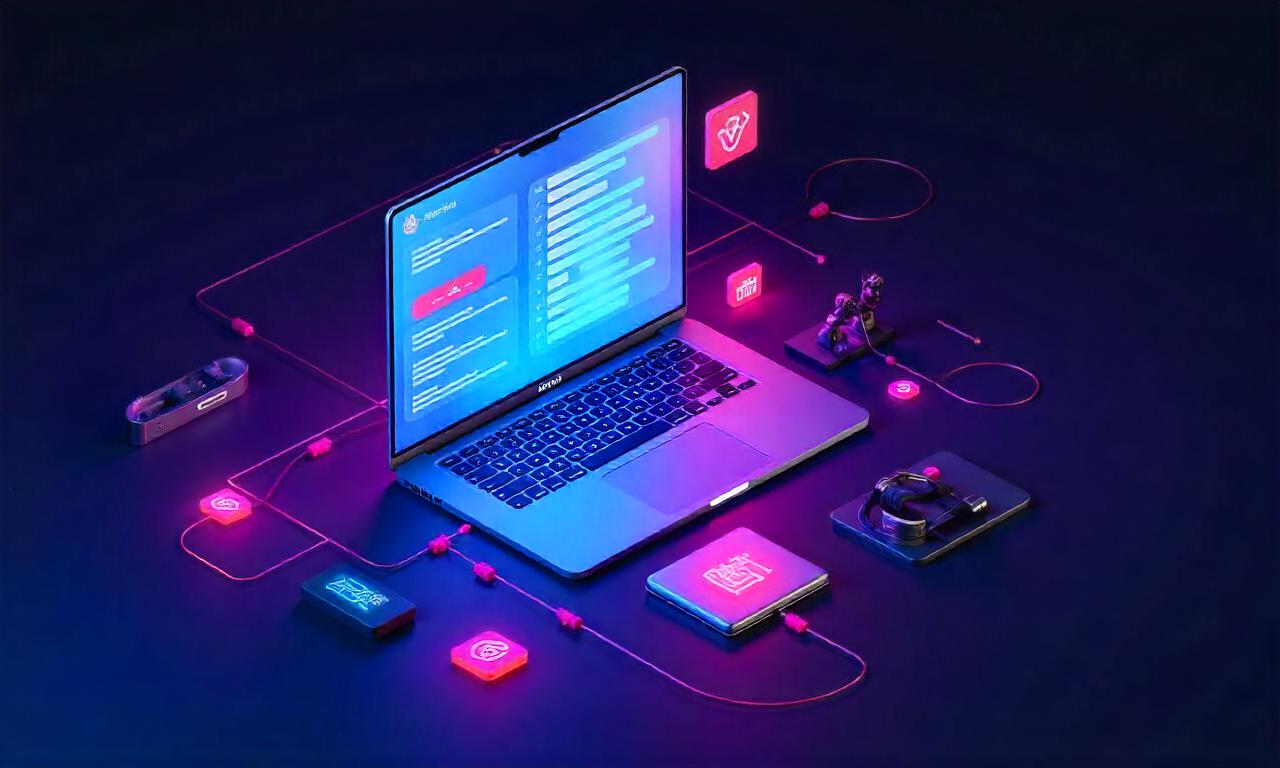vpnpieces.com – How does a VPN work? Discover the technology behind VPNs, how they protect your online privacy, encrypt your data, and help you access geo-restricted content safely. A must-read for secure browsing in 2025.
Have you ever wondered how your data stays safe while using public Wi-Fi—or how people access blocked websites from different countries? The answer lies in a tool called a VPN, but how does a VPN work, exactly?
A recent study by Statista (2024) found that over 1.6 billion people worldwide now use VPNs, with the primary reasons being privacy protection, bypassing geo-blocks, and securing data on unsecured networks.
Meanwhile, GlobalWebIndex reports that 31% of global internet users have used a VPN in the past month, highlighting the growing awareness of online safety and digital freedom.
But despite its popularity, many still don’t understand the inner workings of VPNs. So, how does a VPN work? At its core, a Virtual Private Network creates a secure, encrypted tunnel between your device and the internet.
It masks your IP address, hides your online activity from third parties like ISPs, hackers, and governments, and can even help you access content restricted in your location.
In this article, we’ll dive into the core mechanics of VPN technology, explore real-world use cases, and show you why it’s an essential tool in today’s digital age.
Table of Contents
ToggleWhat Is a VPN?
A VPN, or Virtual Private Network, is a tool that creates a secure and encrypted connection between your device and the internet.
It functions as a private tunnel through which your data flows, protecting it from prying eyes.
When we use a VPN, we connect to the internet via a server run by the VPN provider. This masks our IP address and encrypts all the data traveling to and from our device.
Here’s what happens under the hood:
- Our internet traffic gets rerouted through a VPN server.
- The VPN server assigns us a new IP address.
- All our data is encrypted before it leaves our device and decrypted when it reaches its destination.
This process ensures privacy, security, and even greater freedom to access geo-blocked content.
How VPN Tunneling Works: VPN Tunneling Explained
Tunneling is a core concept in VPN functionality. It refers to the process of encapsulating your internet data within another packet, securing it from external interference.
The Mechanics of Tunneling
When data travels from our device to the internet, it’s wrapped in an additional layer provided by the VPN. This is the tunnel.
Types of tunnels include:
- Split Tunneling – Only selected data goes through the VPN.
- Full Tunneling – All internet activity routes through the VPN.
Benefits of Tunneling
- Prevents data leaks
- Circumvents regional restrictions
- Shields from surveillance
A secure internet connection with VPN tunneling is non-negotiable in today’s privacy-first world.
How VPN Encrypts Data: VPN Encryption Process
Encryption is the backbone of VPN security. It scrambles data so that only the intended recipient can understand it.
The Two-Step Process
- Encryption at the source – Data is converted into unreadable code.
- Decryption at the destination – The receiving server decodes the data back into its original form.
Modern VPNs use AES-256 encryption, the same standard used by banks and military institutions.
| Encryption Type | Key Length | Used In | Strength |
|---|---|---|---|
| AES-128 | 128-bit | Legacy systems | Moderate |
| AES-256 | 256-bit | Most modern VPNs | Very Strong |
| RSA-2048 | 2048-bit | Secure key exchanges | Strong |
VPN Protocols and Security: Understanding the Standards
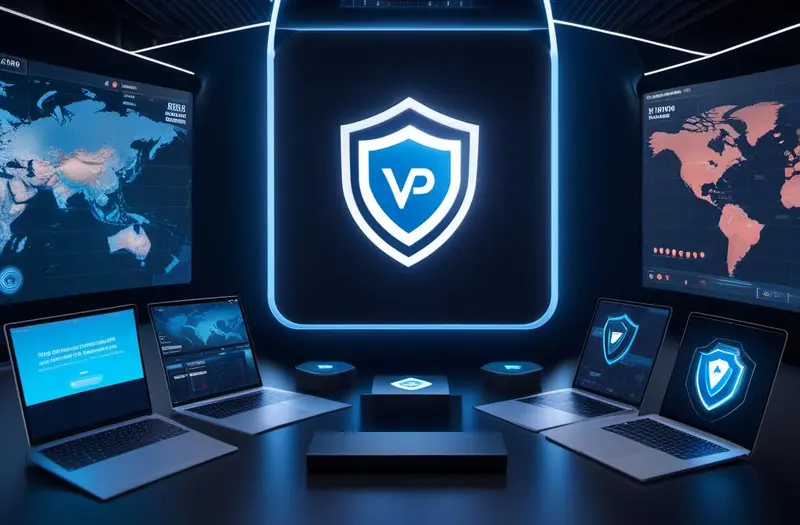
Protocols determine how data is routed and secured in a VPN. Choosing the right one affects speed, privacy, and compatibility.
Popular VPN Protocols
- OpenVPN – Open-source, highly secure
- WireGuard – Newer, faster, and leaner
- IKEv2/IPSec – Great for mobile networks
- L2TP/IPSec – Widely supported but slower
Each protocol balances performance and security differently. For instance, WireGuard offers lightning speed but with newer cryptographic assumptions.
How VPN Masks Your IP Address
Our IP address reveals our location, device, and online identity. When we use a VPN, this identifier is replaced with one from the VPN server.
The Benefits of Masking IP Address
- Anonymity online
- Bypassing regional restrictions
- Avoiding tracking by advertisers and ISPs
VPNs act as a middleman, replacing our actual IP address with one from a different location—making it nearly impossible to trace our activity.
VPN Server Connection: How We Route Our Traffic
When we connect to a VPN, we usually choose a server in a specific country. The VPN handles our requests from that point forward.
Smart Server Selection
- Nearby servers offer faster speeds
- Distant servers allow access to international content
Our VPN provider may also use load balancing and smart routing to connect us to the best available node.
Private Browsing with VPN: More Than Incognito Mode
Private browsing isn’t just a browser feature—it’s what VPNs enhance on a deeper level.
What VPN Adds to Privacy
- Encrypts DNS requests
- Hides internet activity from ISPs
- Prevents third-party tracking
While Incognito mode hides history on your device, VPNs hide your activity from the entire network.
VPN Benefits and Usage in Everyday Life
There’s a reason VPN usage in the U.S. jumped by 41% in 2024 alone (Statista).
Use Cases for VPNs
- Remote work security
- Streaming geo-blocked content
- Safe public Wi-Fi browsing
Whether you’re a digital nomad or weekend streamer, the practical benefits are undeniable.
Understanding VPN Technology for Different Devices
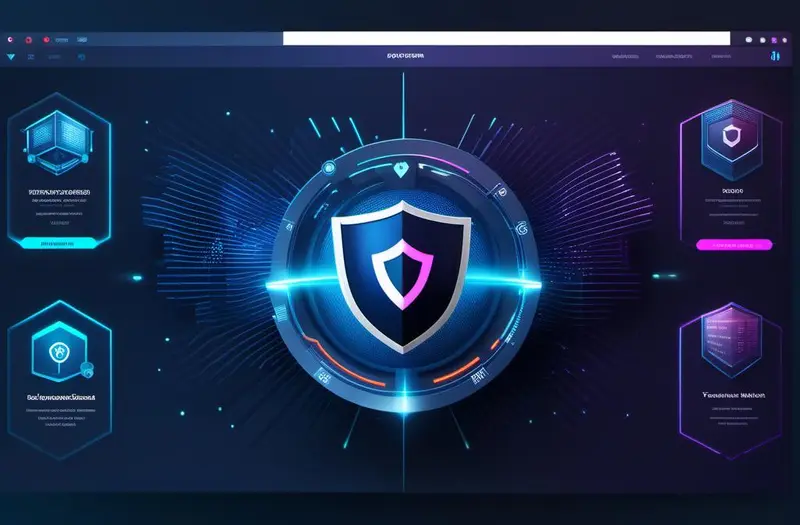
VPNs adapt based on whether we use them on mobile, desktop, or routers.
Device-Specific Capabilities
- Mobile: On-the-go protection, app-based connections
- PC/Mac: Full system-level encryption
- Router: Entire household protected under one setup
It’s important to ensure our VPN supports multiple simultaneous connections.
VPN Functionality in Bypassing Geo-Restrictions
VPNs are essential for accessing services unavailable in our country.
Services Commonly Unblocked
- Netflix, Hulu, BBC iPlayer
- News sites and academic journals
- Gaming servers with regional locks
By changing our virtual location, we gain access to the internet as if we were in another country.
VPN and Public Wi-Fi: A Critical Use Case
Public Wi-Fi is notoriously insecure. VPNs create a safe tunnel even on open networks.
Threats Avoided by VPNs
- Man-in-the-middle attacks
- Packet sniffing
- Rogue hotspots
Without a VPN, logging into our bank account at the café could expose credentials to cybercriminals.
How VPN Helps in Avoiding Bandwidth Throttling
ISPs often throttle speeds for high-usage apps like Netflix or YouTube.
How VPNs Avoid Throttling
- Hide app-specific usage from ISP
- Encrypt bandwidth-heavy traffic
- Route through alternate servers
VPNs make it harder for ISPs to detect and limit our activity, resulting in faster and smoother browsing.
VPN Data Logging Policies: Choosing a Trustworthy Provider
Privacy depends on the provider’s policies.
Zero-Log Policy
- Means no activity is stored or sold
- Enforced by third-party audits
We should always opt for a VPN with a verified no-logs policy to truly ensure privacy.
Cost vs. Free VPNs: Which One Protects You Better?
Free VPNs can be risky. A study by CSIRO revealed that 75% of free VPN apps track user activity.
Comparison Table
| Feature | Paid VPN | Free VPN |
|---|---|---|
| Encryption Quality | AES-256 | Often weak |
| Speed | Fast, consistent | Slower, throttled |
| Logs Policy | Zero-logs, audited | Often logs user data |
| Ads | None or minimal | Intrusive ads |
| Customer Support | 24/7 | Limited or none |
Investing in a reputable paid VPN ensures peace of mind and better performance.
Future of VPN Technology: What’s Next?
VPN technology continues to evolve with advancements in quantum-safe encryption and integration into browsers and operating systems.
Innovations on the Horizon
- Decentralized VPNs (dVPNs)
- AI-enhanced traffic analysis
- 5G-compatible lightweight VPNs
We can expect VPNs to become more integrated, seamless, and intelligent in their operation.
FAQs
How does a VPN work to hide my identity online?
It masks your IP address by routing traffic through a remote server and encrypts your data, hiding your identity from ISPs and hackers.
Is using a VPN legal in the United States?
Yes, using a VPN is legal for personal privacy and security. However, illegal activities remain unlawful regardless of VPN use.
Can a VPN increase my internet speed?
Sometimes. It can bypass ISP throttling, improving speed, but it might also slow down your connection slightly due to encryption overhead.
What’s the difference between a proxy and a VPN?
A proxy hides your IP but doesn’t encrypt data. A VPN hides your IP and encrypts your internet traffic for full privacy.
Are there risks in using a VPN?
Only if you choose an untrustworthy provider. Always opt for well-reviewed, no-log VPNs with strong encryption.
Conclusion
VPNs are no longer optional in today’s internet landscape. From understanding VPN tunneling explained to knowing how VPN masks your IP address, we’ve explored every angle of how does a VPN work.
With the right VPN, we safeguard our digital identity, ensure private browsing, and enjoy the web without borders.
Choosing a trusted VPN is one of the smartest moves we can make to protect our online privacy in an increasingly connected world.
Read More : Best VPN for Playing Roblox
Key Takeaways
- A VPN creates a secure, encrypted tunnel for online activity.
- It masks IP addresses to protect privacy and anonymity.
- VPN protocols determine the security and speed of the connection.
- Paid VPNs offer stronger privacy than most free alternatives.
- VPNs are crucial for secure browsing, especially on public networks.

